
Culture
21:27, 18-Dec-2018
Global Migrant Festival: Giving a voice to migrants through art and culture
Updated
20:51, 21-Dec-2018
By Aliyah Sahni
02:35
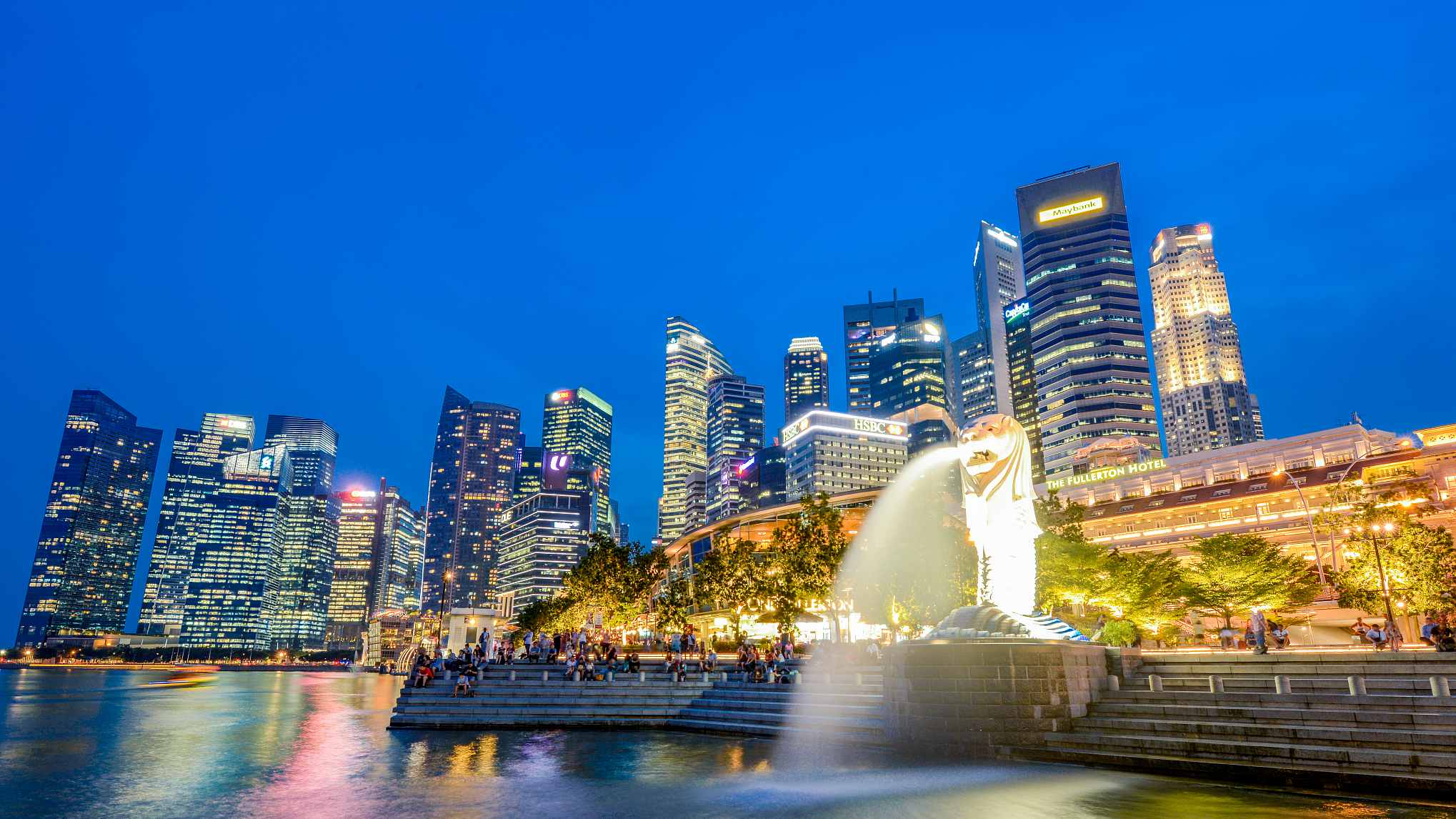
At a time when migration has become a hot button issue across the globe, Shivaji Das, together with a group of volunteers, is working towards giving a voice to migrants and refugees.
The latest effort in that endeavor is the Global Migrant Festival which was held in Singapore on December 15-16. The first of its kind, the event aims to give transitory workers an opportunity to show their creativity and share their stories and experiences in their own words.
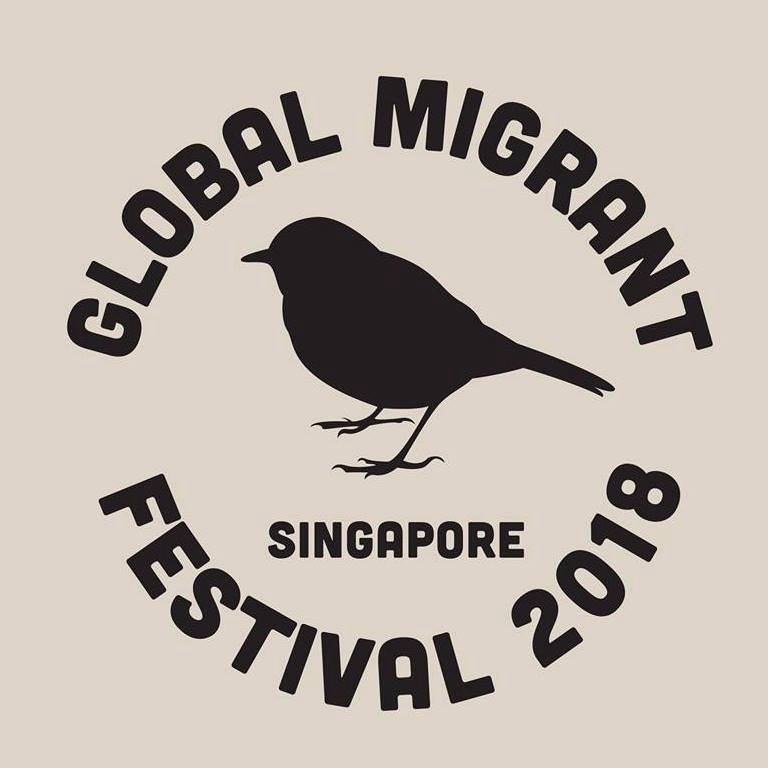
Logo of Global Migrant Festival. /Photo via festival website
Logo of Global Migrant Festival. /Photo via festival website
Das, who is the artistic director of the festival, said that it will promote greater understanding towards migrants and the hardships that they face.
“Earlier it always used to be NGOs and other international bodies which used to talk on behalf of them and often those stories don't have that power, if it is not coming directly from migrants and refugees. So that's the whole idea of getting this platform for them directly to interact with the wider population,” said Das.
The two-day event saw a celebration of art, culture, music and dance with a wide array of events ranging from film screenings, panel discussions to cultural performances and theater.
Held across multiple locations, the festival was organized with support from the Embassy of the United States in Singapore, the National Gallery, The Arts House, Singlit Station, Singapore Book Council, and FilmAid.
The event kicked off with screenings of films focused on migrants and refugees. Day two began with panel discussions and workshops on migrant health and storytelling.
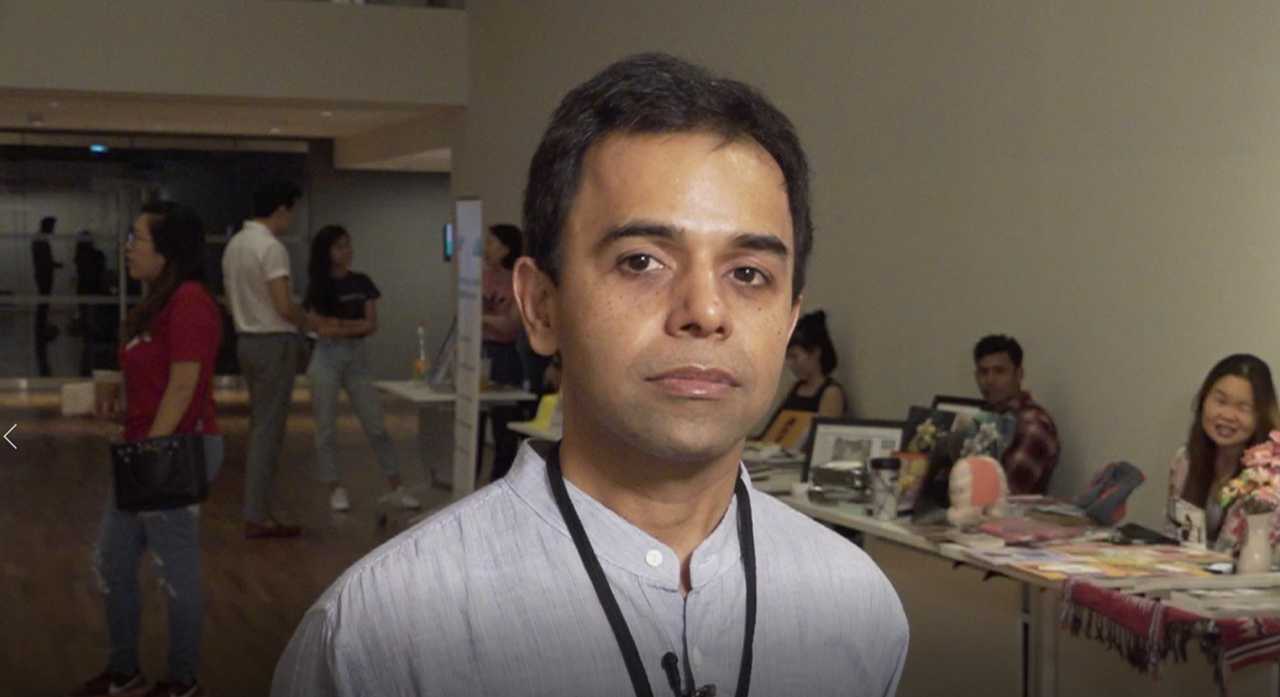
Shivaji Das is at the First Global Migrant Festival, talking about how culture, music and literature has a certain power in expressing ideas. /CGTN Photo
Shivaji Das is at the First Global Migrant Festival, talking about how culture, music and literature has a certain power in expressing ideas. /CGTN Photo
Among the participants was photojournalist Mohammad Samsul, whose work "Life inside the Refugee Camp" has won accolades at the illustrious Sony World Photography Awards. Samsul shared his gut-wrenching experience of covering Rohingya refugee camps with the audience which was a mix of both migrant workers and several local Singaporeans and expats.
Next up was the poetry competition between refugees living in Kenya's Kakuma camp. Participants, who were mostly children and youngsters left the audience enthralled by their verses and prose. Unable to attend the festival, their voices were streamed for the audience through video.
The highlight of the event, however, was the cultural show, which saw migrants coming out and showing their rich cultural heritage through a fashion show, dance, music and poetry.
Shivaji Das referred to the cultural event as a sort of a party for the workers. He said that “it forces them to do something beyond their daily course and that gives them a certain level of confidence in interacting with the rest of the world.”
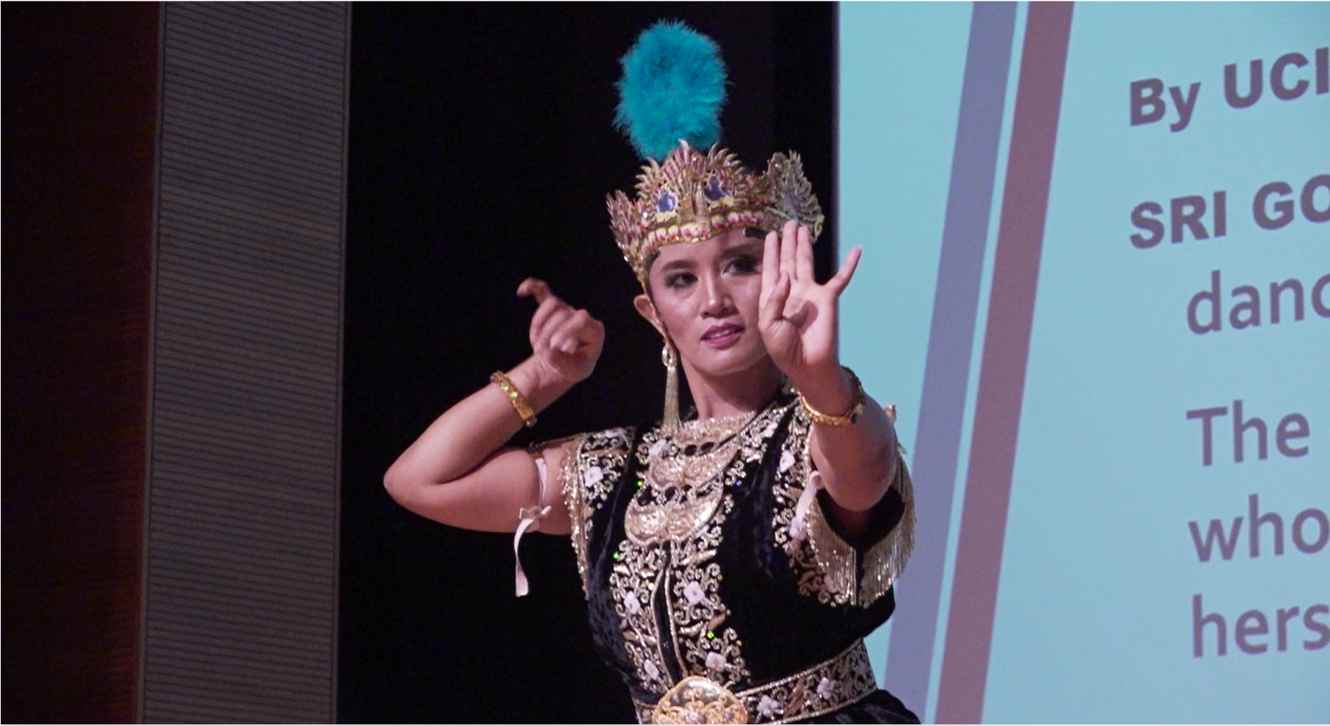
A depiction of the traditional Javanese "Golek Sri Rejeki" Dance. /CGTN Photo
A depiction of the traditional Javanese "Golek Sri Rejeki" Dance. /CGTN Photo
Dorothy, whose dance troop left the audience spellbound with its performance of a traditional folk dance from Philippines said that she was grateful for the opportunity to show her culture to fellow migrants and Singaporeans.
Joan Santillan Amurao, who is a foreign domestic worker in Malaysia, shared her tear-jerking story of leaving her home and family through her poem. She told CGTN she hopes “that the Global Migrant Festival will also be introduced in other places, so that it can reach out to the other migrant workers and refugees.”
According to the latest Singapore government figures, migrant workers in the construction sector number 280,400, while foreign domestic workers account for 250,000. That number comes to about 10 percent of Singapore's total population.
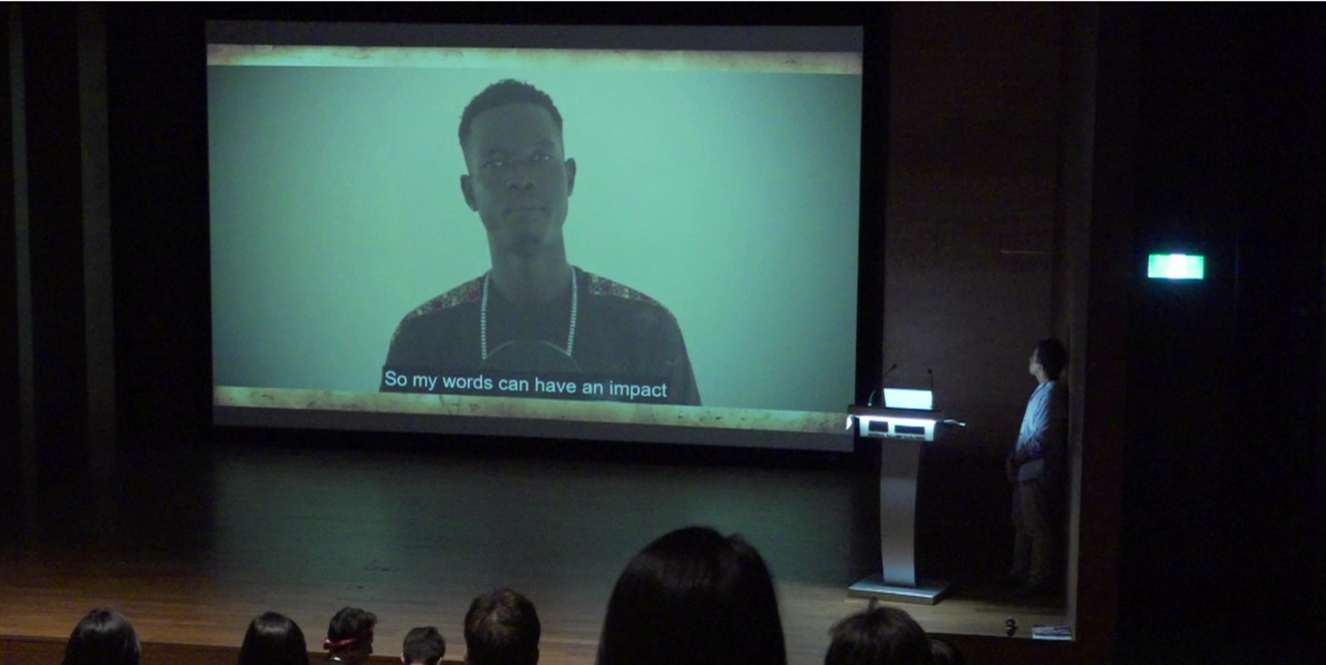
Poetry finalist from Kenya's Kakuma Refugee Camp. /CGTN Photo
Poetry finalist from Kenya's Kakuma Refugee Camp. /CGTN Photo
Despite the fact that many of them have lived in Singapore for several years, their talent often goes unnoticed in the city-state.
Karmen Wong, a project manager from Singapore, who attended the festival said she found it heartbreaking to hear about the difficulties faced by migrants.
“I think it is great that migrants workers have a platform to showcase their poems, and you get to hear a lot of their stories, get to hear their pain and suffering. And that's something we don't really hear about.”
Referring to the stage play performance, she added that “it was quite touching and a tear-jerking event, and it made me wonder, how do we treat them, how do we talk to them.”

SITEMAP
Copyright © 2018 CGTN. Beijing ICP prepared NO.16065310-3
Copyright © 2018 CGTN. Beijing ICP prepared NO.16065310-3